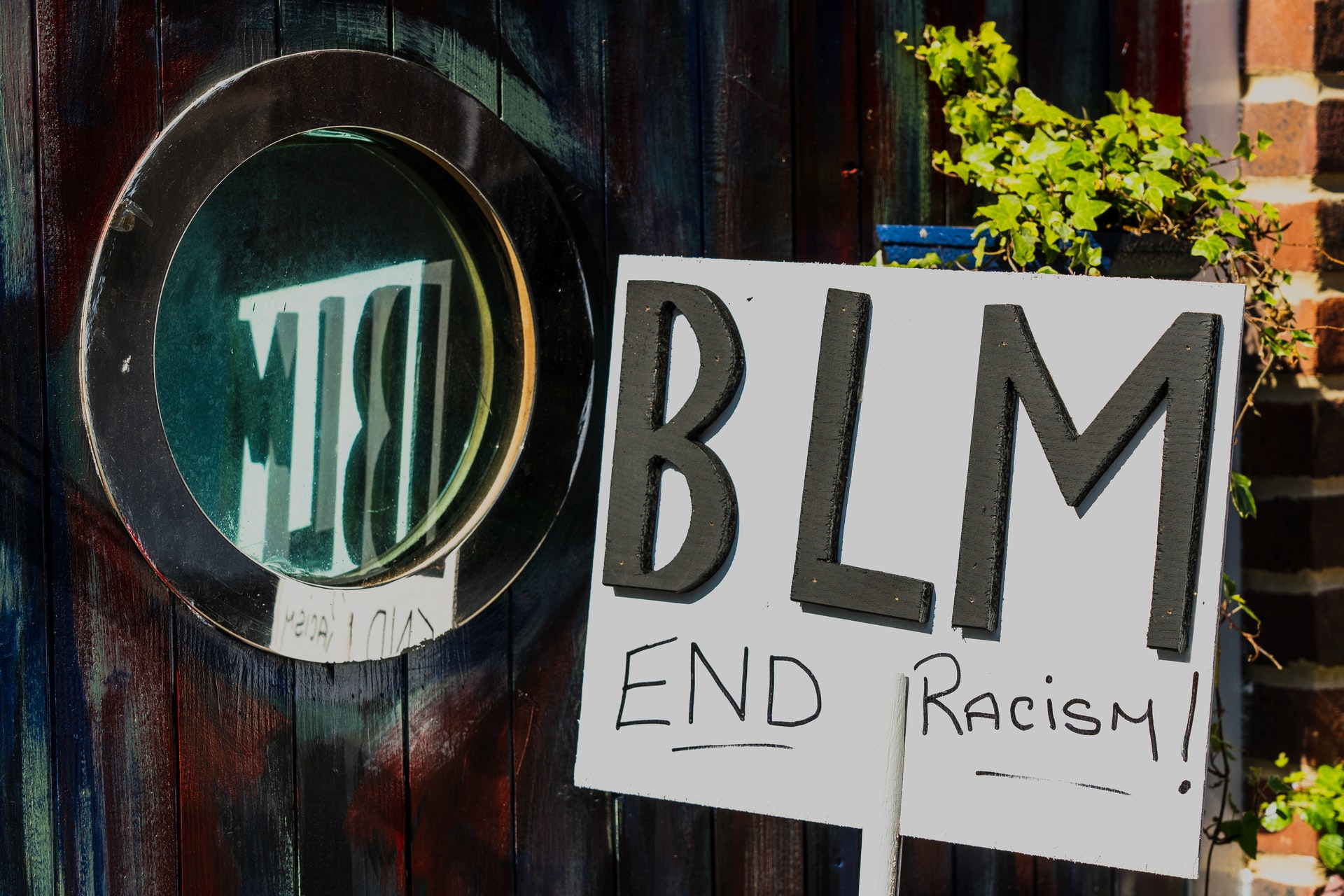As the fall term of 2020 begins, first-year students of the University of Pittsburgh will be required to take a new course on anti-Black racism. The course focuses on the roots, ideology, long struggle, and resistance to racism.
With the calls for racial justice echoing across the US, the new course, Anti-Black Racism: History, Ideology, and Resistance, will be a mandatory one-credit class on the campus. It is open for other interested learners as well.
“The course is designed to inform us all about Black history and culture, about the multiple forms of anti-Black racism, and about how we can be anti-racist,” said provost and senior vice chancellor Ann E. Cudd in a statement.
With a number of world-renowned experts and activists in the area, students will be introduced to the “long tradition of scholarly activism,” specifically its relation to the Black experience and Black cultural expression.
A committee of faculty and students led by Yolanda Covington-Ward, chair of the Department of Africana Studies in the Kenneth P. Dietrich School of Arts and Sciences, developed the course.
“A talented committee of faculty experts came together from across the University to create this innovative course in response to the persistent challenges around anti-Black racism that drive social divisions and limit opportunities and equity for people of African descent,” said Covington-Ward.
As calls for racial justice echo across the country, Pitt has developed a new course to allow students to gain an understanding of the county’s long struggle with anti-Black racism.
More on this course: https://t.co/NqKHjoeMcF
— University of Pittsburgh (@PittTweet) August 20, 2020
“We wanted to make sure that the course provided some historical context, while also looking at ideologies of race and contemporary struggles against anti-Black racism locally in Pittsburgh, nationally and globally as well,” she said.
“We also wanted to focus on the humanity of Black people in creating a course that emanates from their own perspectives, experiences, and agency,” she added. The course will cover every angle of anti-Black racism, delving into the development, spread, and forms of anti-Black racism in the United States and around the world.
Students will begin with tying the origins of anti-Black racism to African history, slavery, and the Transatlantic slave trade.
Students will also explore pre-colonial African history, race, policing and mass incarceration, health disparities, racial capitalism, and anti-Blackness, and culminate with teaching students on how to be an anti-racist. Strategies that Black activists used to push their demand for an equitable society will also be part of the curriculum.
“We hope that this course is a first step in helping students to recognize and challenge anti-Black policies and practices when they encounter them, and to develop strategies to be anti-racist in their everyday lives,” Covington-Ward said.
Students will need to attend at least one synchronous activity during the Black Study Intensive from September 28 to October 2. That week, the Center of African American Poetry and Poetics (CAAPP) holds virtual performances and creative sessions open to the general public.
Pittsburgh’s new course is part of the university’s efforts to improve racial equity, along with an inclusion action plan. Students are graded on a “Satisfactory/Non-Credit” basis.



